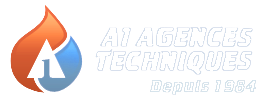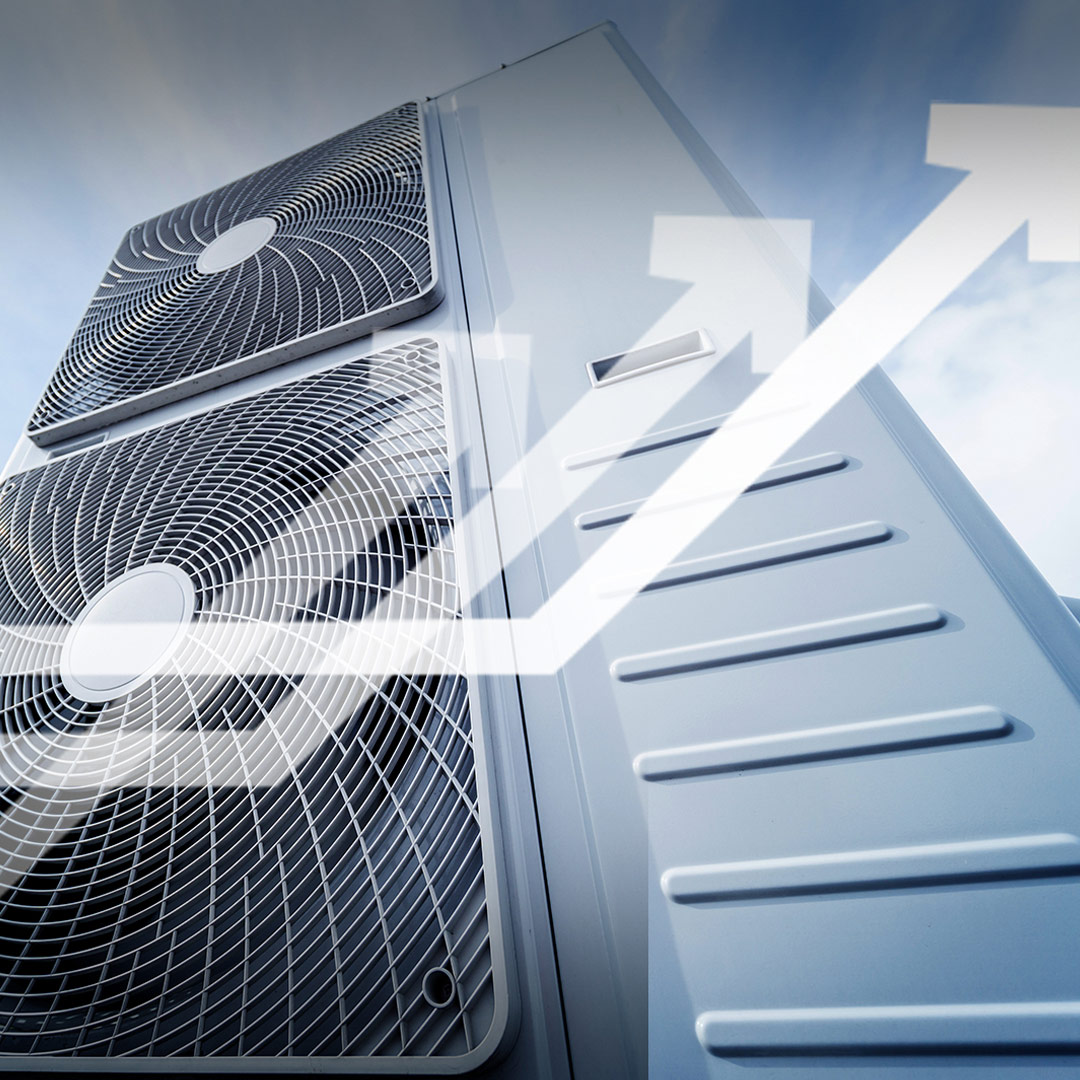As the demand for energy-efficient solutions and advanced technologies continues to rise, the HVAC industry is experiencing notable shifts in equipment costs. As a result, understanding these changes is crucial for making informed decisions about heating, ventilation, and air conditioning systems.
Let’s have a look at the factors driving cost changes, and the implications for both residential and commercial properties.
Factors Influencing HVAC Equipment Costs
- Technological Advancements
The HVAC industry is rapidly evolving, with new technologies enhancing system efficiency and performance. Innovations such as smart thermostats, variable-speed compressors, and advanced air filtration systems contribute to improved indoor air quality and energy savings. However, these advancements often come with higher upfront costs. - Regulatory Changes
Stricter environmental regulations are pushing manufacturers to develop more eco-friendly HVAC systems. This shift towards sustainable solutions is a positive step for the environment but can lead to increased production costs, which may be passed on to consumers. - Supply Chain Disruptions
Global supply chain disruptions, exacerbated by the COVID-19 pandemic, have impacted the availability and cost of raw materials and components. Delays in manufacturing and shipping have led to fluctuations in HVAC equipment prices. - Rising Energy Efficiency Standards
Energy efficiency is a top priority for homeowners and businesses aiming to reduce their carbon footprint and utility bills. As standards continue to rise, HVAC manufacturers are investing in research and development to meet these requirements, influencing the cost of new equipment.
Implications for Homeowners
For homeowners and business owners alike, investing in a modern HVAC system may seem daunting due to higher initial costs. However, the long-term benefits often outweigh the expenses. Energy-efficient systems can lead to significant savings on utility bills and increase property value. Additionally, rebates and incentives offered by local governments and utility companies can help offset the initial investment.
When considering an HVAC upgrade, homeowners should:
- Evaluate Long-Term Savings: Analyze potential energy savings over the lifespan of the system to determine overall cost-effectiveness.
- Explore Financing Options: Many HVAC companies offer financing plans to make the transition to a new system more affordable.
- Take Advantage of Incentives: Research available rebates and incentives for energy-efficient upgrades in Quebec.
And business owners should consider the following:
- Improved Energy Efficiency: Energy-efficient systems can lead to reduced operational costs, providing a competitive edge in today’s eco-conscious market.
- Enhanced Indoor Comfort: A modern HVAC system ensures a comfortable environment for employees and customers, boosting productivity and satisfaction.
- Compliance with Regulations: Staying ahead of regulatory changes can prevent potential fines and align your business with industry standards.
The advantages of upgrading to a modern system are undeniable. By staying informed about industry trends and exploring available incentives, homeowners and business owners in l can make wise decisions that align with their financial and environmental goals.
For personalized advice and expert guidance on HVAC solutions, contact us today, and let’s figure out a solution that works best for you!

